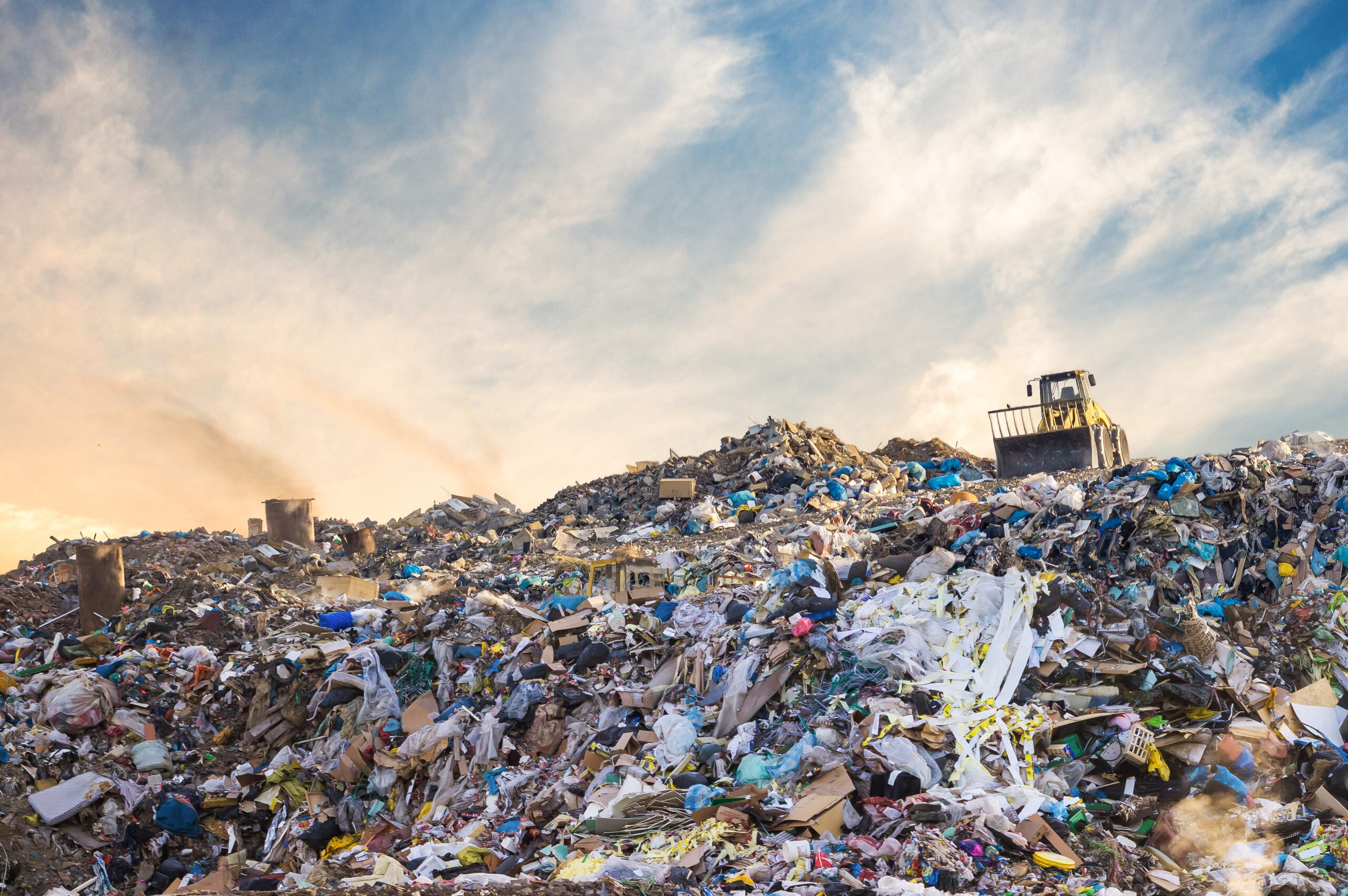
Sustainable Sampling Solutions
SUSTAINABILITY: Small Changes are Adding up for a Better Tomorrow
How will you effectively reduce waste, space and costs while minimizing the disruption in your production facilities and laboratories?
You are tasked with creating a safer, healthier and more productive process for your team, customers and the environment. The immense pressure to balance sustainability initiatives, costs and time are overwhelming, but with Whirl-Pak, small changes are adding up.
SUCCESSFULLY REDUCE waste, emissions and water usage.
Sample collection requires a sterilized container for usage in mass amounts, to reuse and recycle these containers is not an option. Lessen your footprint by focusing on the reduction of waste, emissions and water usage throughout the lifecycle of the containers in your facility for a greater impact. To learn more, download the EcoImpact Study comparing rigid containers to Whirl-Pak’s flexible, sterilized container.
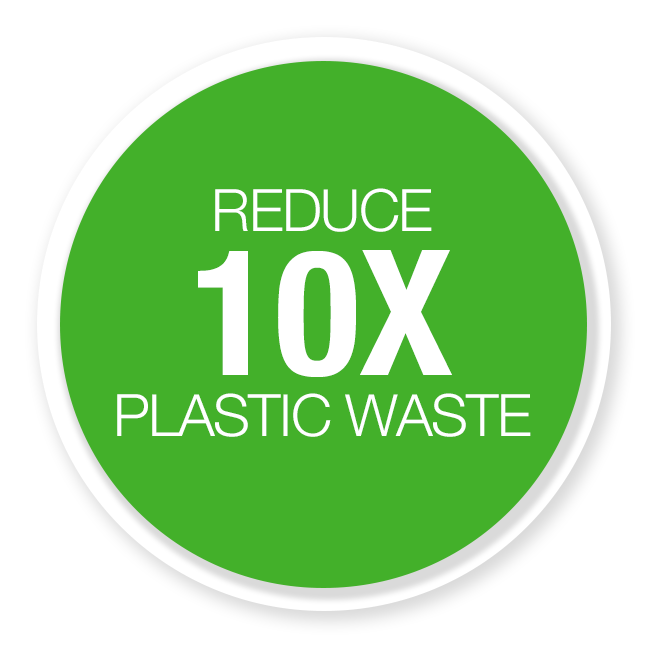
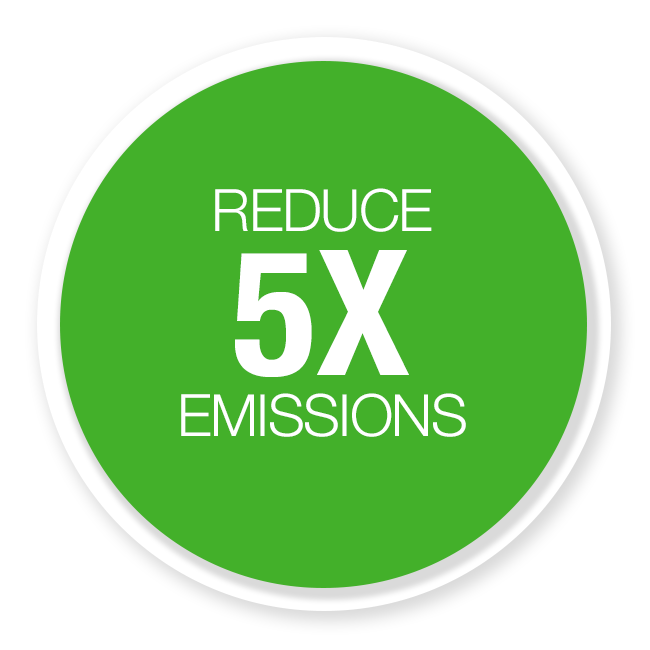
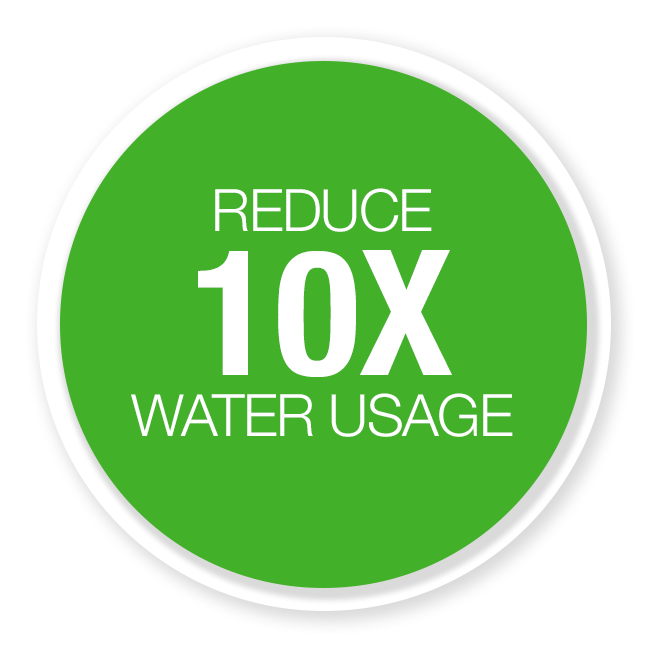
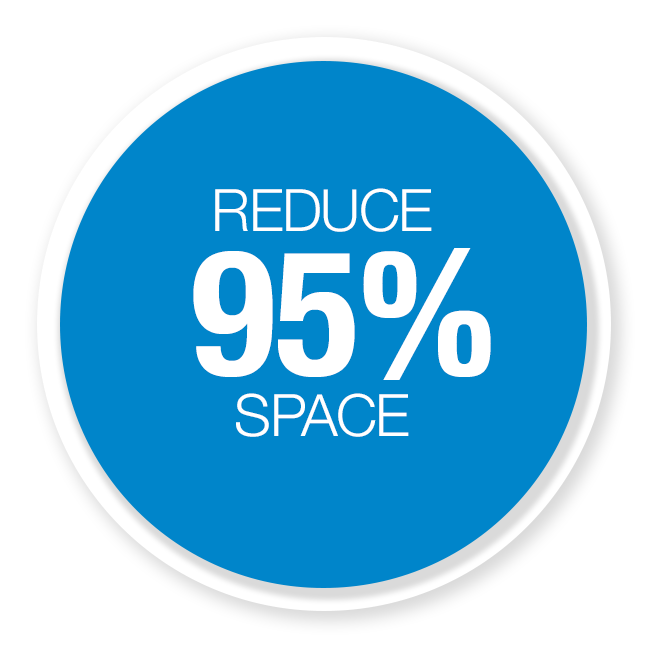
If Sustainability Benefits just aren’t enough …
By making the switch from rigid plastic containers to Whirl-Pak bags, you will save up to 95% space in shipments, field tech trucks, storage shelves, personnel workstations and disposal bins. You’re not just saving space, this switch is an ECONOMICAL BENEFIT!
Watch to learn how Chris, Analytical Scientist, reduced space, waste, costs, and managed rollout in his laboratory:
Flexible Sample Collection Containers are Leading the Change
In addition to reduction in costs, your facility can reduce disposal costs and warehouse, transportation and biohazard waste container space by 95%
If you want to learn more about YOUR pathway to success, enter your info below!
Sustainable Sampling Solutions:
THIO Bags
EPA approved for more efficient microbiological water sampling and analysis.
- Thiosulfate tablet already in the bag for sampling chlorinated water
- For use with collection and testing for legionella and coliforms
- Available in both a lay flat and stand up feature
- Volume capacity range from 100 mL - 1 Liter
UNdosed Stand Up Bags
Self-standing bag works like a bottle without the cost and storage restraints.
- Gusseted bottom for handsfree experience post-fill
- Shatterproof
- Leak-tight containment of liquids
- For use in collection and testing of legionells and coliforms with reagents
- Volume capacity range from 100 mL - 4 Liters
DEEPER DIVE: IT IS A TIME FOR CHANGE
Whirl-Pak®, Filtration Group, embarked on an evaluation of the environmental impact of our Whirl-Pak® 100ml and 500ml sterile sampling bags compared to the standard rigid plastic containers typically used for water sampling. The evaluation utilized the Ecolmpact-Compass software which is widely used in the packaging industry for life cycle assessments. A life cycle assessment characterizes the impact associated with sourcing, manufacturing, distributing, using, and disposing of a given product. Consider this a cradle to grave evaluation. It gives you an idea of which package may have a lower environmental footprint allowing you to make better sustainability decisions.
EcoImpact Study
Sustainability is a word that is often used in today’s world, and companies are spending significant time and effort on this topic. The laboratory setting is not immune to this discussion. Labs are notoriously using large quantities of plastic consumables and for good reason. Plastics in the lab are shatter proof, durable, lightweight and single use products reduce cross contamination and often lead to ease and speed of use. Initiating change in a laboratory setting, however, can be challenging. Stringent experimental procedures are commonplace in labs and scientists are trained to follow these procedures day in and day out. The attributes of a good scientist are not always compatible with a mindset for change.
The term sustainability as it relates to plastic consumables generally defaults to a discussion around recycling. Can the product be safely recycled and is the lab set up to make this activity convenient? Although important, recycling is not the only thing that should be considered. One question that typically gets lost in the discussion is how can we reduce the amount of plastic we use at the start? As a part of its overall waste management strategy, the US EPA has developed a Waste Management Hierarchy which shows source reduction as the most preferred tool, followed by reuse of materials and finally recycling. Simply put…..reduce, reuse, recycle. The order here is important, as the greatest impact we can have on sustainability is through the reduction in overall use.
One very pertinent example of reducing overall plastic consumption in the lab is using flexible sampling containers in place of rigid plastic. Whirl-Pak® sterilized sampling bags were developed over 60 years ago to take fluid milk samples for transport to the lab. Today, this flexible package is recognized as the Gold Standard in a multitude of industries across a geography that spans over 75 countries. Not all industries, however, have embraced this sampling format and as we are all aware, old habits can be hard to change.
A perfect example of an industry ripe for a change in sampling procedures is the water industry. Of the hundreds of millions of water samples taken each year, the majority are sampled in rigid, single-use plastic containers. On average, these rigid containers are produced using 5-10 times the plastic that would be needed to produce a comparable size Whirl-Pak® bag. A more sustainable solution is available but initiating change has been difficult.
Products compared in this study were Linear Low-Density Polyethylene (LLDPE) Whirl-Pak® bags and Polypropylene (PP), Polyethylene Terephthalate (PET), and High-Density Polypropylene (HDPE) rigid containers. Variables were assessed for environmental impact across the attributes of fossil fuel use, greenhouse gas emissions and water use. For conciseness we will only show the 100ml results below. Similar trends were observed for the 500ml sized containers.
The study assumed one million containers shipped 1,000 km and the data was segregated into material usage, manufacturing, transport and end of life categories. In all product comparisons, the Whirl-Pak® sterile sampling bag was significantly more sustainable than the three common rigid containers used in water collection. Less fossil fuel use, lower greenhouse gas emissions, less water usage and an overall lower environmental impact was observed throughout the entire life cycle when utilizing Whirl-Pak® bags.
Even though a sustainable alternative is identified, cost considerations can weigh heavily on the decision to implement changes. Budgetary constraints can limit even the most highly motivated lab manager. In the case of flexible sampling solutions like Whirl-Pak® bags, not only can the container itself reduce overall costs but hidden savings associated with shipping, storage and waste disposal can also be realized. The savings are further magnified if your lab is supporting international initiatives where shipping long distances is required.
When it comes to embracing a sustainable approach in the laboratory setting, focus on small yet meaningful changes that can make a measurable impact. Replacing rigid plastic sample collection vessels with flexible solutions like Whirl-Pak® bags can be the beginning of your journey towards a more sustainable work environment.
If you are interested in making the switch but would like to test the bags for your application, submit a sample request and we can assist with training if necessary putting you on a pathway to success!

